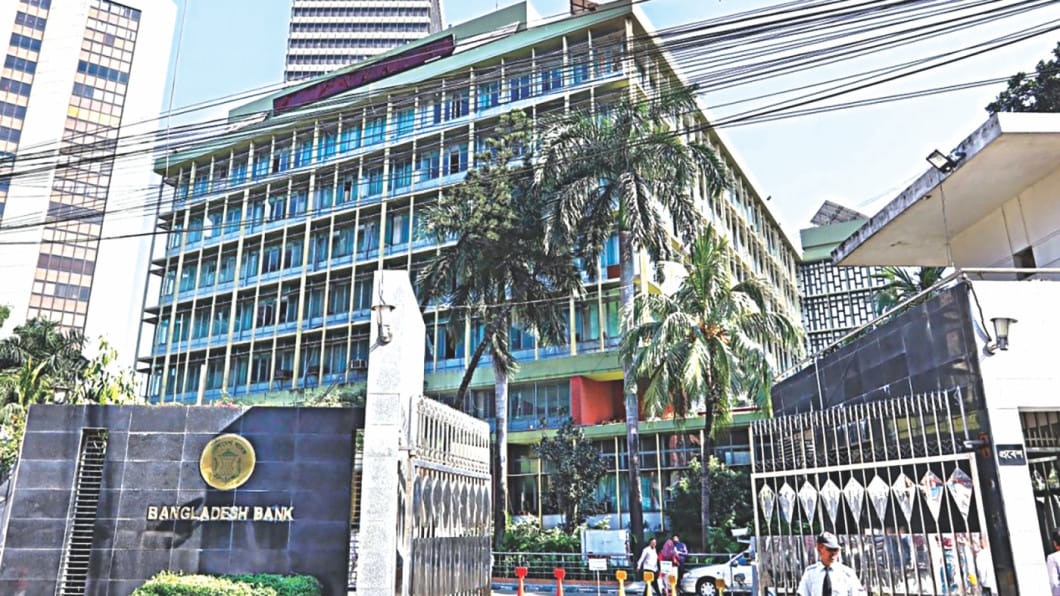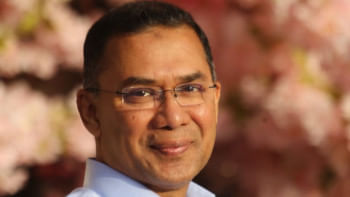Three banks agree to merge, two oppose

Among the five Shariah-based banks slated for merger by the central bank, three have agreed to the regulator's plan, while two have opposed it during separate meetings in the last three days.
Those that agreed are First Security Islami Bank PLC (FSIB), Global Islami Bank PLC (GIB), and Union Bank PLC, according to officials familiar with the matter. EXIM Bank and Social Islami Bank PLC (SIBL) resisted the merger.
The central bank has decided to merge the banks under the Bank Resolution Ordinance 2025, citing the fragile financial health of the institutions.
As part of the process, Bangladesh Bank officials held separate consultations with each bank's board and management between September 2 and 4, with Governor Ahsan H Mansur participating virtually, to discuss the path forward before formalising the process.
Yesterday, the regulator met with officials of GIB and SIBL.
Speaking to The Daily Star after the meeting, Shafiuzzaman, managing director of SIBL, said the lender had asked for two years to stabilise operations and eight years to become a strong institution.
Earlier, the bank's 10 founding shareholders, including current director Major (retd) Md Rezaul Haque, had written to the central bank and Ministry of Finance, appealing to avoid being forced into a merger with other troubled lenders.
On Wednesday, the central bank met with Union Bank and Exim Bank.
During its meeting, EXIM Bank presented a turnaround plan but was asked by the regulator to resubmit it with more detail.
Officials of the private commercial bank said it would take at least two years to restore its financial health.
The central bank, in response, instructed the lender to clarify how it would return depositors' money, recover defaulted loans, repay Tk 8,500 crore borrowed from the central bank, and address its large capital shortfall.
Meanwhile, FSIB, Union Bank, and GIB accepted the central bank's intervention.
Speaking to The Daily Star, FSIB Chairman Mohammad Abdul Mannan, who is also an independent director of the bank, described the lender's troubles as the result of "massive scams and loan irregularities," adding that "no banking was conducted" at the institution.
"The central bank is now going to conduct regulatory intervention, and we agree with that," he said.
Fariduddin Ahmed, chairman of Union Bank, confirmed that his bank did not oppose the merger.
Four of the five lenders -- FSIB, Union, GIB, and SIBL -- were long controlled by the Chattogram-based S Alam Group, which allegedly borrowed heavily from the lenders and siphoned the funds through shell companies.
EXIM Bank, on the other hand, has long been dominated by Nazrul Islam Mazumder, founder of Nassa Group and former chairman of the Bangladesh Association of Banks.
Following the fall of the Awami League-led government in August last year, the central bank appointed new boards at the bank, dissolving the previous ones.
The interim government also commissioned forensic audits through global accounting firms, which revealed the banks' precarious state.
The audits showed that non-performing loan ratios stood at 96.37 percent at First Security Islami, 97.80 percent at Union, 95 percent at Global Islami, 62.30 percent at Social Islami, and 48.20 percent at EXIM Bank.

 For all latest news, follow The Daily Star's Google News channel.
For all latest news, follow The Daily Star's Google News channel. 



Comments